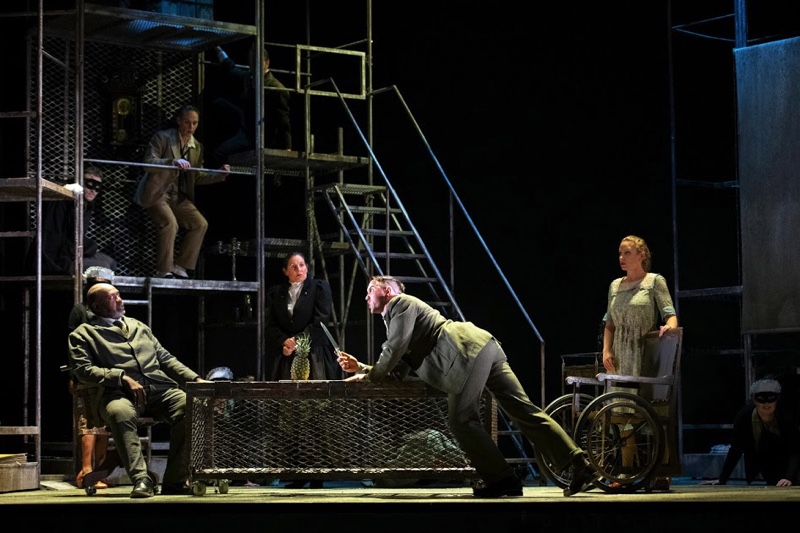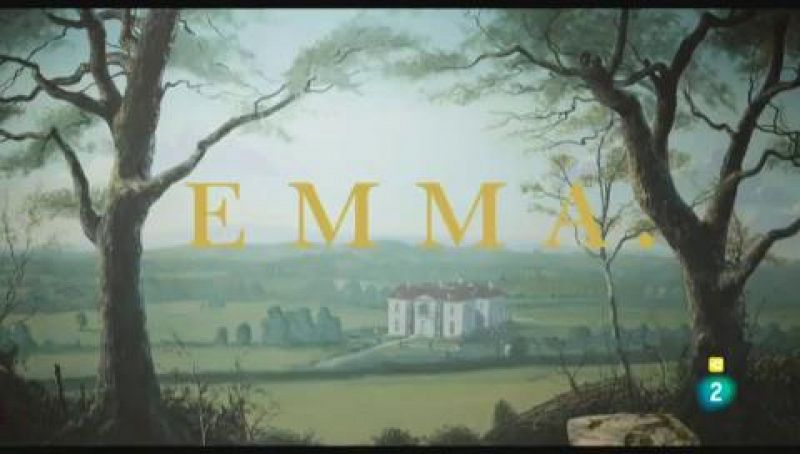
- Select a language for the TTS:
- UK English Female
- UK English Male
- US English Female
- US English Male
- Australian Female
- Australian Male
- Language selected: (auto detect) - EN
Play all audios:
Imagine early 1930s Germany. In February 1933, three weeks after Hitler came to power, Kurt Weill’s _Der Silbersee _received simultaneous premieres at Leipzig, Erfurt and Magdeburg. Now
English Touring Opera is taking _The_ _Silver Lake: A Winter’s Tale _around the country in a new production that opened at the Hackney Empire in London. A month after these premieres of
Weill’s _Singspiel _(originally a light opera with spoken dialogue, such as Mozart’s _Magic Flute_), the composer, whose father was a Jewish cantor, left Germany for good. Within ten years
Weill was a US citizen working on Broadway, where he did his own orchestrations and created such hits as _Street Scene_ (produced by the English National Opera some years ago). His most
famous work remains _Die Dreigroschenoper_, his entirely reworked version of John Gay’s _Threepenny Opera,_ written five years before _The_ _Silver Lake. _The two works have the same format:
a play with music, interspersed by songs. In this production spoken dialogue and narration is in English, with songs in the original German, interpreted by sub-titles in a multitude of
forms, from a winding scroll at the foot of the stage, to placards and sheets revealed by the performers. The company’s artistic director James Conway has created a staging that stays true
to the milieu in which the composer set his opera, while allowing the audience space for imagination. The castle, and the watery sanctuary where the snow on the ground merges with the frozen
edges of the eponymous Silver Lake, are imaginatively represented, and Conway and his designer Adam Wiltshire have done a fantastic job of drawing the audience in to a cold world where
wealth and poverty live side by side, where the poor have not enough to eat, and a man can be shot for stealing a pineapple. This robbery, from a food shop that destroys its unsold
merchandise rather than reduce prices, sets the scene for what follows. It is a story of guilt, remorse, anger, resentment, and ultimately redemption. The two main protagonists, the
policeman Olim (Ronald Samm), who wins the lottery and buys a castle, and the poor man Severin (David Webb), who can scarcely walk unaided after being shot, accompany one another to the
Silver Lake. Simply as a stage play it’s an interesting glimpse of the early 1930s. Other characters include the impoverished aristocrat Frau von Luber (Clarissa Meek), who acts as
housekeeper in the castle, her lover Baron Laur (James Kryshak) and her poor relation Fennimore (Luci Briginshaw). Musically a child of its time, _Silbersee_’s songs also stand on their own.
One of the best is Fennimore’s _Ich bin eine arme Verwandte_ (I am but a poor relation), beautifully sung in Act II when she arrives at the castle. Under the baton of James Holmes, the
music acquired a vibrancy complementing the excellent singing and diction from the chorus and principals. This is a compelling staging of a rarely performed work, with admirably stylised
choreography by Bernadette Iglich, who also delivered superb clarity as the narrator. I was mesmerised by the performances, the staging and the music. _ ENGLISH TOURING OPERA’S PRODUCTION
CONTINUES AT BUXTON, DURHAM, BATH, SNAPE MALTINGS, SAFFRON WALDEN, LANCASTER UNIVERSITY, EXETER — DETAILS HERE. _





